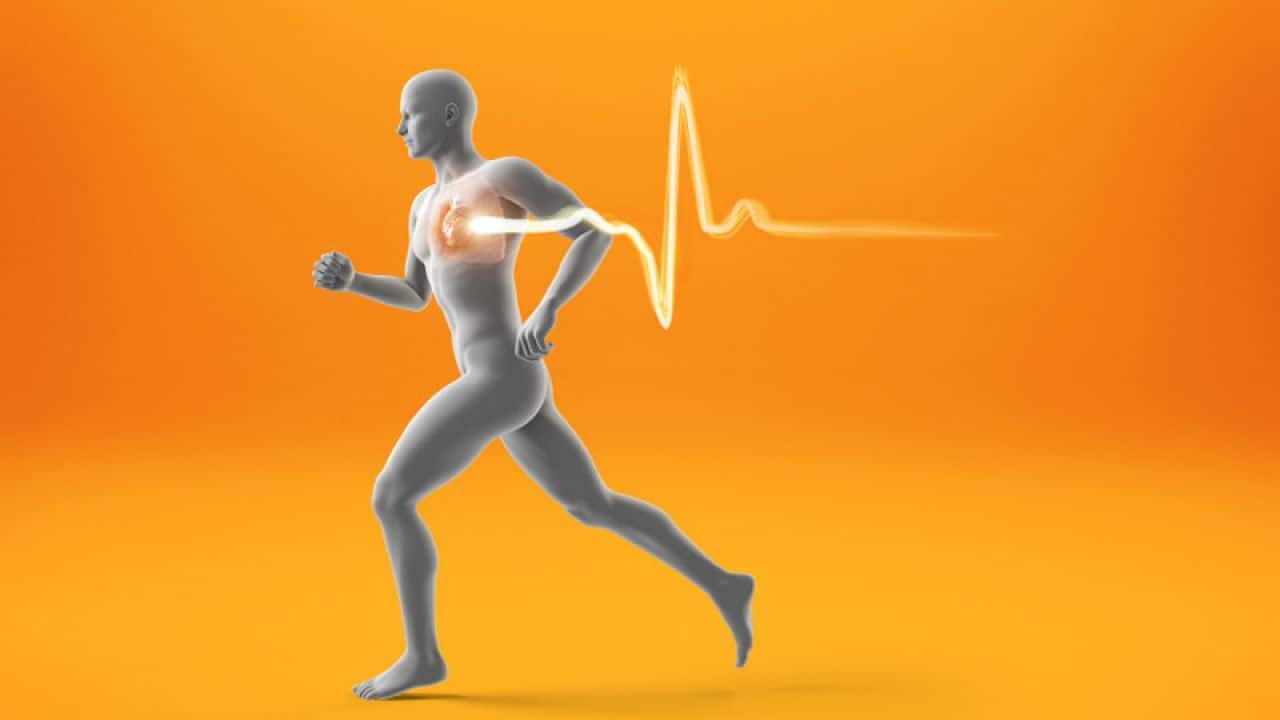Risks and turmoil..this is what late dinner does to your health and weight

Late dinner... it's the worst... A new study revealed that eating dinner late at night increases the level of hunger, reduces calorie burn, and causes changes in fatty tissue, which thus contributes to an increased risk of obesity.
During the study, researchers from Boston Women's Hospital said they strictly controlled nutrient intake, physical activity, sleep and exposure to light among the participants.
They found that eating dinner late makes a big difference in hunger levels, the way the body burns calories after eating and the way body fat is stored.
"We wanted to test mechanisms that might explain why late eating increases obesity risk," Frank EL Scheer, senior author of the study, said in a press release.
Previous research has shown that late eating "is associated with increased risks of obesity, increased body fat, and poorer success in weight loss," Scheer added.
The researchers pointed out that obesity is a global epidemic that affects an estimated 650 million adults.
The research team studied 16 patients, and each participant completed two dietary protocols, one with an early meal schedule and the other with a late meal schedule.
In the few weeks leading up to the protocols, the participants maintained consistent sleep-wake schedules, and in the last three days before entering the lab, they strictly followed an identical diet and meal schedules at home, the statement from the researchers said.
During the research, they regularly documented their hunger and appetite, gave frequent small blood samples throughout the day, and measured body temperature and energy expenditure.
The researchers collected adipose tissue biopsies from participants in both early and late eating protocols.
They found that eating late significantly affected hunger and appetite-regulating hormones.
When participants ate later, they burned calories at a slower rate and showed an increase in fat formation and a decrease in fat breakdown, the statement said.
The researchers pointed out that their findings are consistent with a large body of research that suggests that eating at a later time may increase a person's risk of obesity.






